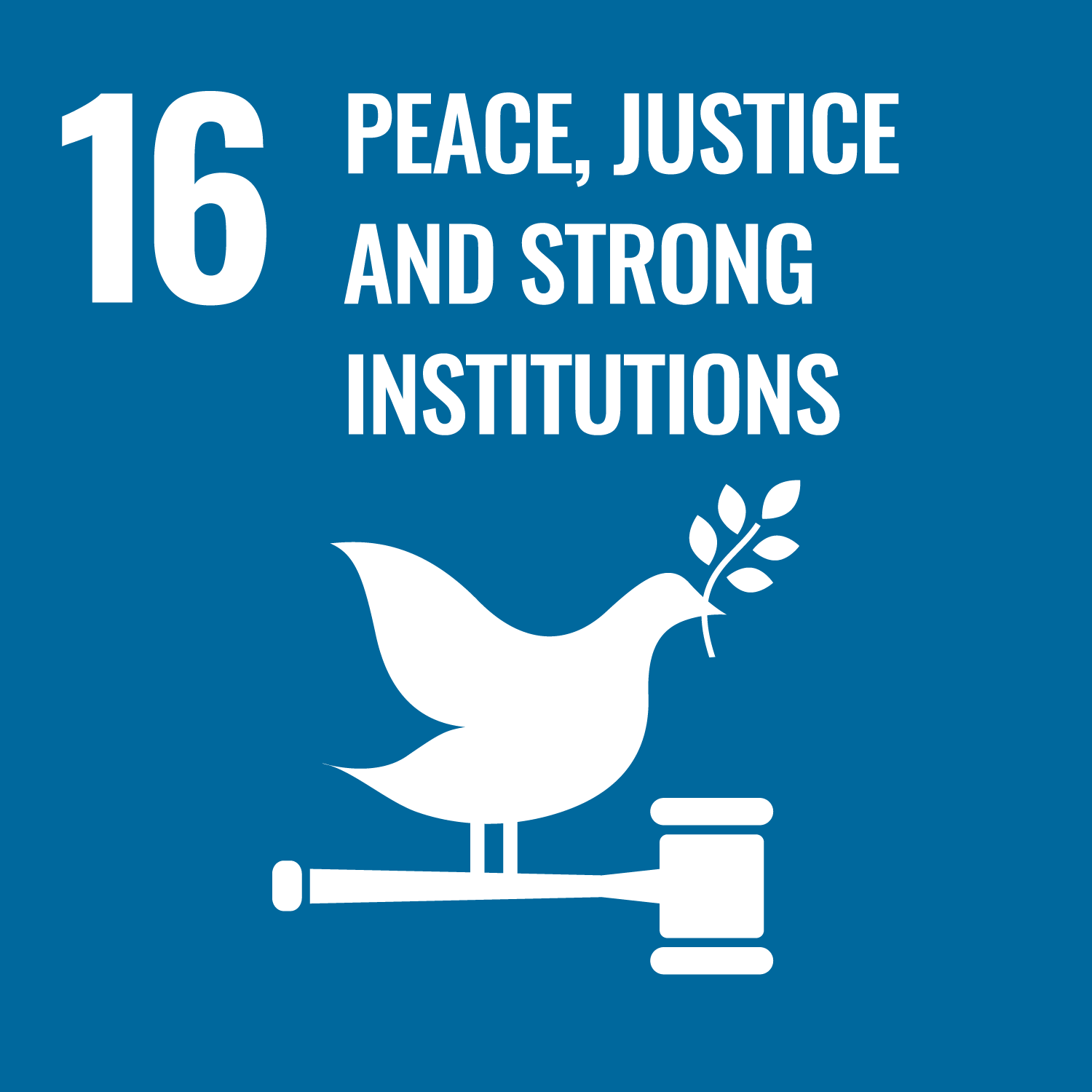The report documents the events leading to the arrest and conviction of Shumail Raj and his wife, Shahzina Tariq. After Shahzina’s father testified that Shumail was not a man, a medical examination was ordered by the judge. Although the examination revealed that Shumail had undergone gender re-assignment surgery, the judge ruled that Shumail was not a man. Therefore he and his wife were accused of perjury and the legality of their marriage came in to question.
The report documents the international and local support the couple has received, and describes how the case has led to public discussion about a previously silenced issue. The report discusses the importance of the upcoming ruling for Pakistan’s legal recognition and protection of transgender people – particularly as same-sex marriages are not recognised. The IGLHRC makes a number of recommendations in the report to protect and promote the human rights of non-heterosexual people and also women (in their right not to be forced into marriage).








